October 29, 2021
An office reset was what we all needed, and wanted
 Pressing the ‘reset’ button is never easy. But I’m a firm believer that, once we do, we become much less averse than we perhaps expected to the change it inevitably brings. This is particularly true of the past eighteen months. From all of the sadness and hardship endured, we are beginning to emerge into a new, changed way of living. One that is both familiar and altogether different. The dichotomy is particularly evident in our workplaces. For many sections of the economy, the office was the ecosystem of our daily working lives. Initial questions of whether the office would survive quickly fell by the wayside, and a more interesting, nuanced, debate of what we want the office to be began. (more…)
Pressing the ‘reset’ button is never easy. But I’m a firm believer that, once we do, we become much less averse than we perhaps expected to the change it inevitably brings. This is particularly true of the past eighteen months. From all of the sadness and hardship endured, we are beginning to emerge into a new, changed way of living. One that is both familiar and altogether different. The dichotomy is particularly evident in our workplaces. For many sections of the economy, the office was the ecosystem of our daily working lives. Initial questions of whether the office would survive quickly fell by the wayside, and a more interesting, nuanced, debate of what we want the office to be began. (more…)







 In a survey of UK cyber security, IT and business professionals commissioned by
In a survey of UK cyber security, IT and business professionals commissioned by 
 According to research, nearly
According to research, nearly 
 For
For 
 Millions of British workers face uncertainty as a snapshot of the nation’s work practices claims that one in five employees are unsure whether they’ll be expected to work remotely, onsite, or a mix of both in the future. Without having a clear decision from their employer, some employees are unsure about their organisations’ return-to-office plans.
Millions of British workers face uncertainty as a snapshot of the nation’s work practices claims that one in five employees are unsure whether they’ll be expected to work remotely, onsite, or a mix of both in the future. Without having a clear decision from their employer, some employees are unsure about their organisations’ return-to-office plans. 
 A new report from property consultancy
A new report from property consultancy 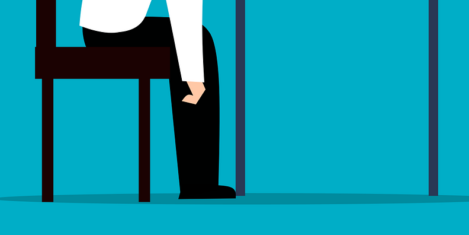
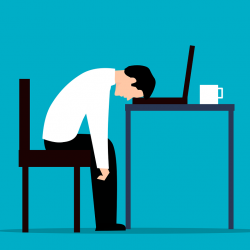 Over a third (37 percent) of Brits say they have felt more stressed since the lifting of lockdown restrictions in July, and one in five (21 percent) still aren’t ready to get back to normal life – and that includes the office – claims a new
Over a third (37 percent) of Brits say they have felt more stressed since the lifting of lockdown restrictions in July, and one in five (21 percent) still aren’t ready to get back to normal life – and that includes the office – claims a new 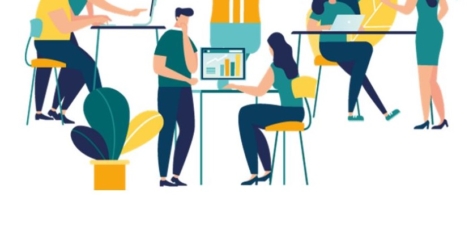
 Workers are leaving jobs like never before, and it’s causing a shortage of talent that has companies around the globe reeling, according to a
Workers are leaving jobs like never before, and it’s causing a shortage of talent that has companies around the globe reeling, according to a 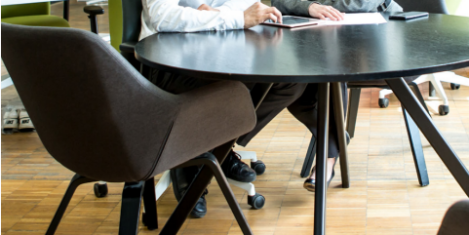
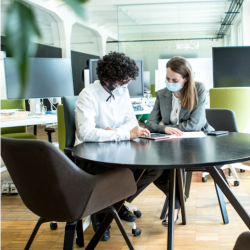
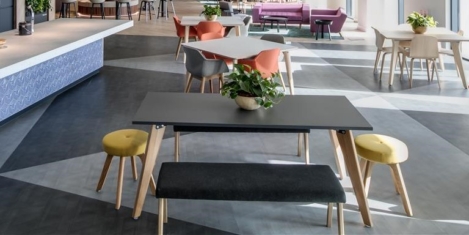
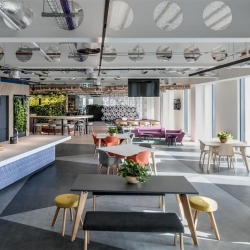

 As workers are encouraged to return to offices in greater numbers, employers should prepare for an influx of employees reporting symptoms of Long Covid. Cases are rising in the UK and it is estimated that a significant percentage of those testing positive for Covid-19 go on to develop Long Covid, a debilitating condition with symptoms ranging from fatigue and muscle aches, to breathing-related problems and chest pain. The duration of symptoms varies, with some sufferers recovering after 12 weeks and others continuing to suffer for far longer. While working remotely, it may have been possible for some employees to manage their symptoms privately; however, the requirement to attend the office may prompt them to disclose their condition and seek the support of their employer.
As workers are encouraged to return to offices in greater numbers, employers should prepare for an influx of employees reporting symptoms of Long Covid. Cases are rising in the UK and it is estimated that a significant percentage of those testing positive for Covid-19 go on to develop Long Covid, a debilitating condition with symptoms ranging from fatigue and muscle aches, to breathing-related problems and chest pain. The duration of symptoms varies, with some sufferers recovering after 12 weeks and others continuing to suffer for far longer. While working remotely, it may have been possible for some employees to manage their symptoms privately; however, the requirement to attend the office may prompt them to disclose their condition and seek the support of their employer. 







November 1, 2021
The modern workplace is defined as much by digital space as the physical office
by Wilco Wijnbergen • Comment, Property, Technology